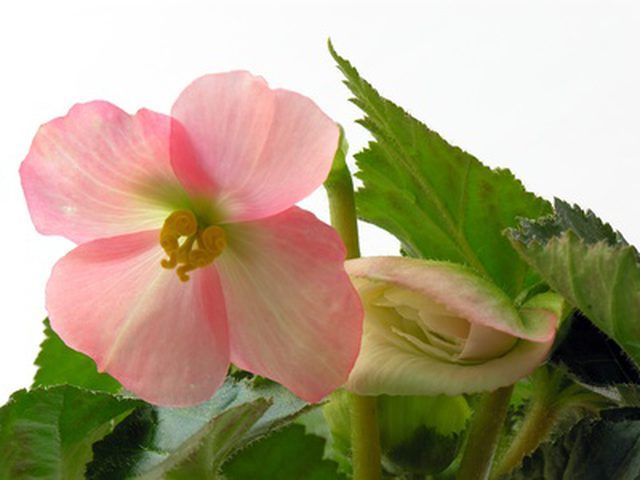Bulbs
Flower Basics
Flower Beds & Specialty Gardens
Flower Garden
Garden Furniture
Garden Gnomes
Garden Seeds
Garden Sheds
Garden Statues
Garden Tools & Supplies
Gardening Basics
Green & Organic
Groundcovers & Vines
Growing Annuals
Growing Basil
Growing Beans
Growing Berries
Growing Blueberries
Growing Cactus
Growing Corn
Growing Cotton
Growing Edibles
Growing Flowers
Growing Garlic
Growing Grapes
Growing Grass
Growing Herbs
Growing Jasmine
Growing Mint
Growing Mushrooms
Orchids
Growing Peanuts
Growing Perennials
Growing Plants
Growing Rosemary
Growing Roses
Growing Strawberries
Growing Sunflowers
Growing Thyme
Growing Tomatoes
Growing Tulips
Growing Vegetables
Herb Basics
Herb Garden
Indoor Growing
Landscaping Basics
Landscaping Patios
Landscaping Plants
Landscaping Shrubs
Landscaping Trees
Landscaping Walks & Pathways
Lawn Basics
Lawn Maintenance
Lawn Mowers
Lawn Ornaments
Lawn Planting
Lawn Tools
Outdoor Growing
Overall Landscape Planning
Pests, Weeds & Problems
Plant Basics
Rock Garden
Rose Garden
Shrubs
Soil
Specialty Gardens
Trees
Vegetable Garden
Yard Maintenance
Importance of Flowers in Nature
Importance of Flowers in Nature. Flowers' importance in nature is everywhere—they can feed insects, birds, animals and humans; provide natural medicines for humans and some animals; and aid in a plant’s reproduction by enticing outside pollinators. Without flowers, plants would merely be green, and the world would be a duller place.
Flowers' importance in nature is everywhere—they can feed insects, birds, animals and humans; provide natural medicines for humans and some animals; and aid in a plant’s reproduction by enticing outside pollinators. Without flowers, plants would merely be green, and the world would be a duller place.
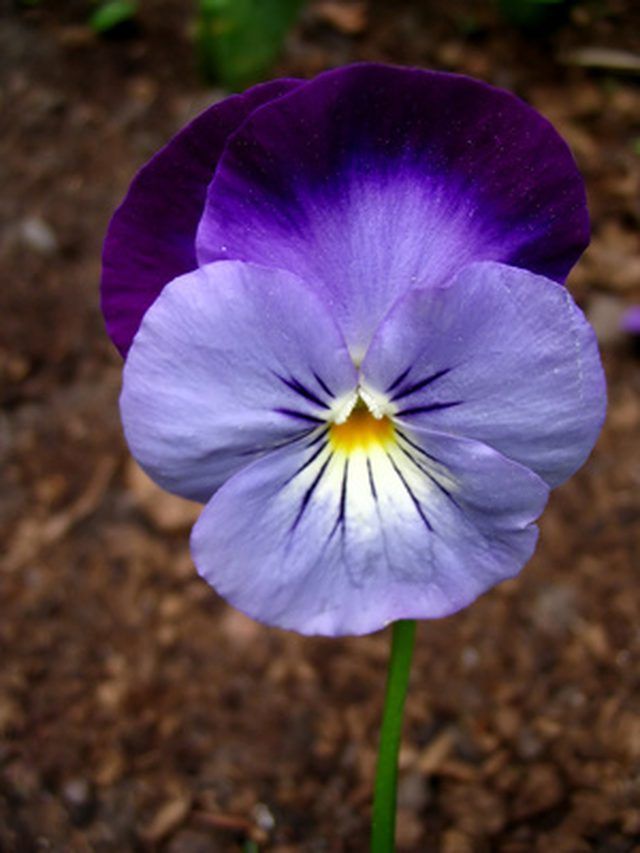
The main purpose of flowers is to aid in plant reproduction. Flowers provide an eye-catching attribute to an otherwise plain, green-leaved plant. When insects, birds and some bats dip down to take a look at the flower and steal its nectar, they are inadvertently pollinating the plants by moving pollen or plant sperm from the male stamens to the female pistils.
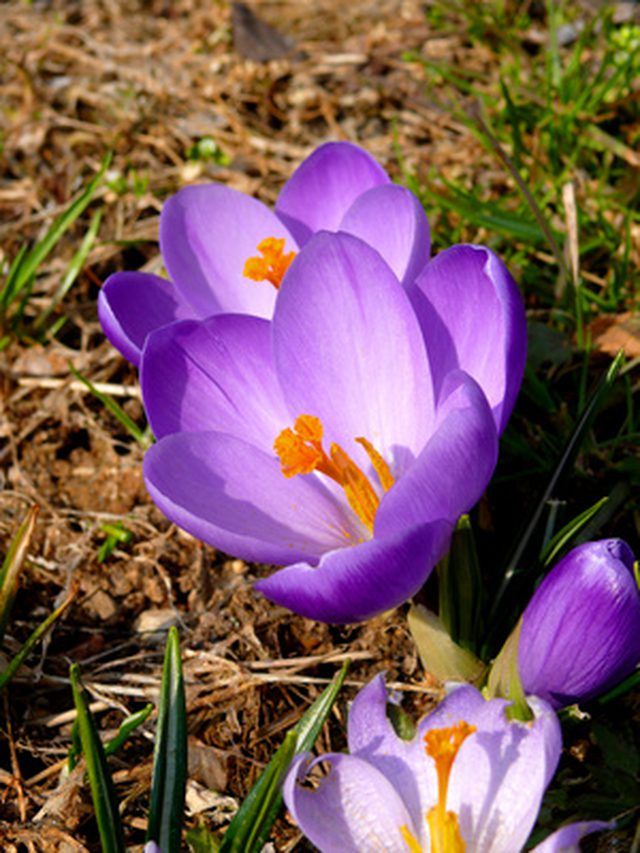
There are a variety of insects that feast on the nectar of flowers, but the most notable ones are bees, wasps, ants and butterflies. Because these flowers rely on an outward source to pollinate them, some plants have evolved to make themselves even more attractive to their pollinators.
The bee orchid has even evolved so that it appears as if a female bee is on the orchid, when in fact the "bee" is actually part of the flower. The hibiscus and trumpet vine flowers have evolved so that their nectar can be easily taken and their pollen easily transmitted by hummingbirds and sunbirds.
Nectar and pollen-eating bats feed on flowers from agave, organ pipe, cardon and saguaro. According to Katy Hinman, a graduate student at State University of New York-Stony Brook, these plants have evolved to only open their flowers at night, thus releasing their nectar and pollen when it is convenient for bats.
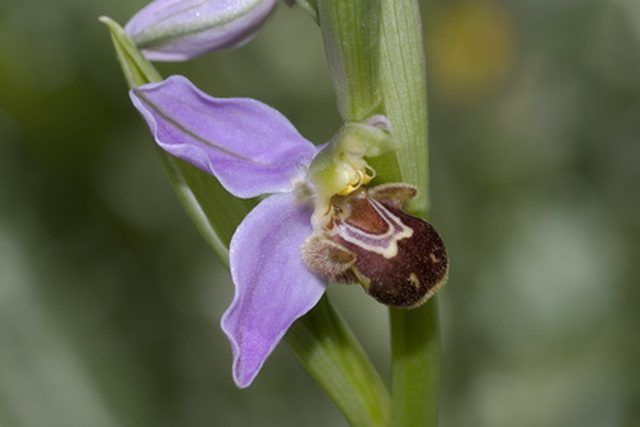
Rose petals have been used in cooking and teas for centuries, as have day lilies, dandelions, carnations, clovers and daisies. Citrus and banana flowers can also be a food source. The blossoms from chives, garlic, basil, jasmine, lavender, oregano and sage can be used as herbs and spices in food dishes. Other flowers, such as mint, chamomile, ginger and Angelica, can be used in teas.
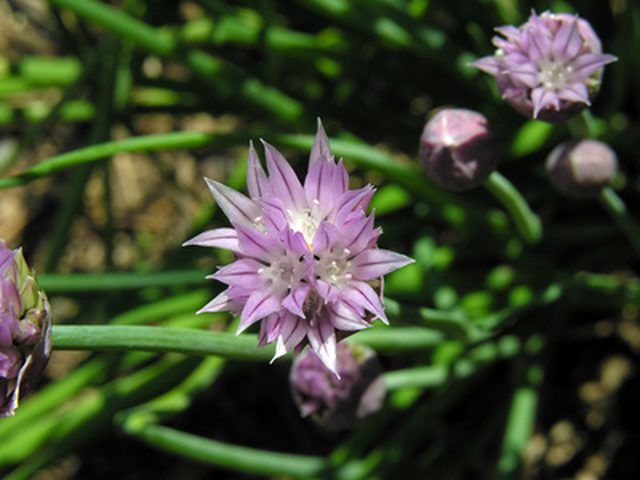
Deer and rabbits are the biggest flower predators in the animal kingdom. Geraniums and pansies are the first to be eaten, as are flowering vegetables. Raccoons, skunks and groundhogs also nibble on flowers from time to time.
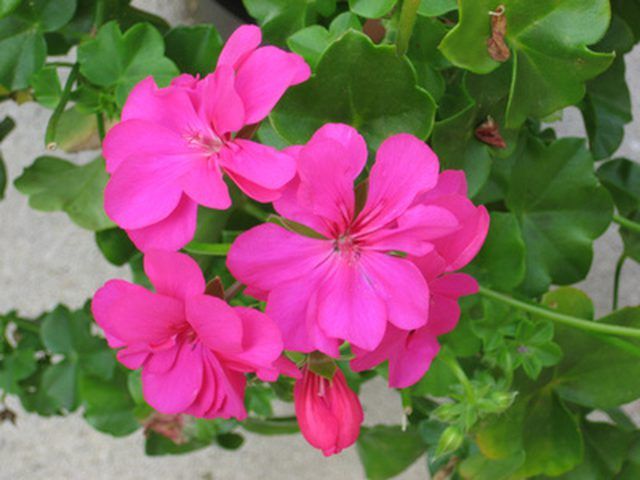
Many flowers have medicinal uses, such as begonia for eliminating toxins in the body, and calendula, sunflower and honeysuckle for treating sore throats and tonsillitis. Cornflower can be used to treat acne, while valerian and California poppy relieve menstrual cramps. Cats even use flowers to cause vomiting and thus eliminate stomach distress.
